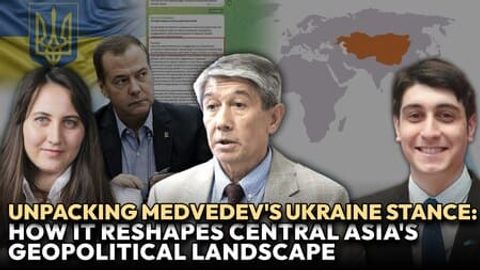Uzbekistan allows automatic preparation of customs declarations through app
15:47 / 03.03.2026
Uzbekistan links industrial incentives to air quality improvements
14:42 / 03.03.2026
Uzbekistan coordinates transit assistance for citizens leaving Iran through Turkmenistan
14:00 / 03.03.2026
Uzbekistan steps up consular support with 24/7 center in Karakalpakstan
13:15 / 03.03.2026
Uzbekistan and Indonesia launch free trade agreement negotiations
12:01 / 03.03.2026
Recommendations
Menu
Good news:
Tags
Grow your business with us
Advertise on Daryo.uzIndividual approach and exclusive materials
Ad-free site readingSubscribe
25 000 sum per month






Comments
To leave a comment, first